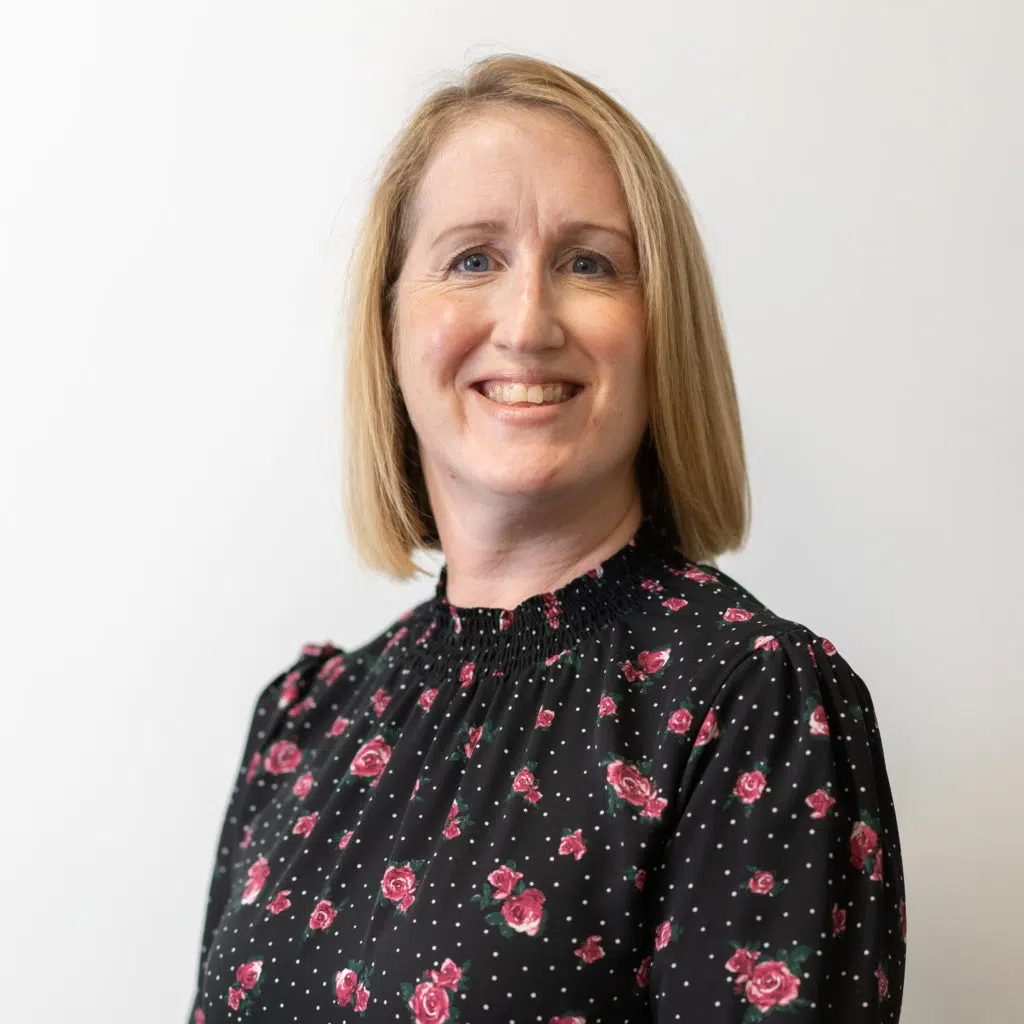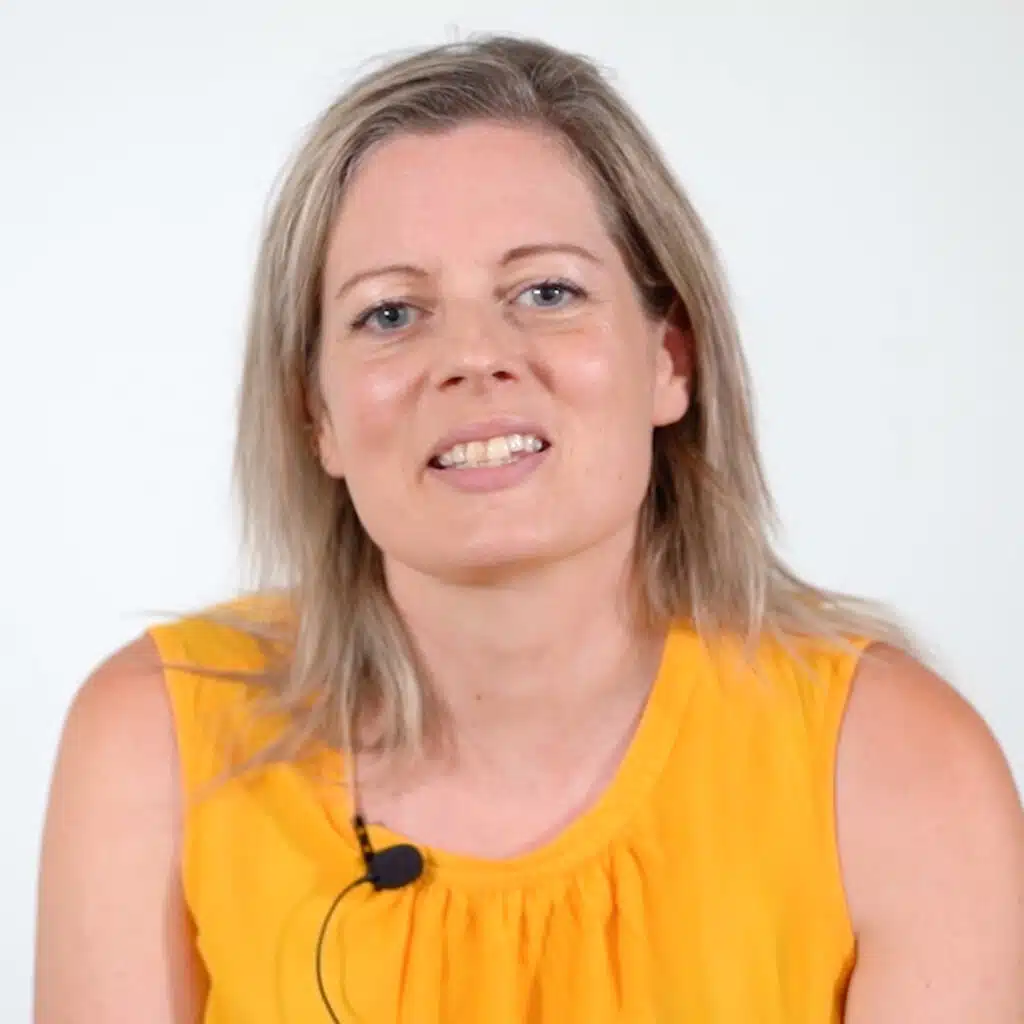
We understand that the prospect of attending an autism assessment can feel daunting or overwhelming for both the child concerned and for parents. We hope to make the process as smooth and comfortable as possible for you and your child by providing you with all the information you need.
Our autism assessments are available on both the self-pay and NHS routes. Due to the pressure on NHS resources, our self-pay assessments can be accessed in a matter of weeks, as opposed to longer waiting times through the NHS. This availability means you can fit your child's assessment to suit their development. Often, the optimum time for a diagnosis is before transitioning to a new school, which enables teachers and SENCOs to put the appropriate support in place for your child's needs.
Coming for an assessment can be anxiety provoking for both you and your child. Wherever possible we would ask that you try to explain to your child the reason for the assessment with Provide Wellbeing. We recommend that you are honest about the purpose of the assessment , particularly with older children, as this enables them to be fully involved in the diagnostic process. We understand that this is not always appropriate and recommend that you tell your child that the assessment is so that we can learn more about them and what they may find easy or difficult. At the assessment, the examiner will usually ask the child if they know why they are there. Alternatively, find out more about our triage process.
Parents and carers need to understand that the assessment is not behavioural. Behaviours viewed as challenging at home should not be encouraged during the session. For our team, it is vital to assess social communication so the child should be as comfortable as possible. If the child is on ADHD medication, they must be administered the exact dosage on the day of the assessment.
Provide Wellbeing uses a multidisciplinary team of registered clinical professionals. This can be made up of Paediatricians, Psychiatrists,, Speech and Language Therapists, Occupational Therapists, Social Workers and clinical psychologists. You can find more information of some of the professionals undertaking assessments here.
At Provide Wellbeing, we are skilled at exploring the challenges autistic children face, even if a parent is concerned that their child masks particularly well. It is not a behavioural assessment, so we want the child to feel as comfortable and settled as possible. The more relaxed they are, the easier we can spot the behaviours during the assessment.

On arrival at the clinic, you and your child will be greeted by a team member and shown to the clinic room, where you will be introduced to the rest of the team. We will ask a range of questions about your child's development, and you will have the opportunity to share your concerns. At the same time, your child will be assessed by the examiners in the other room. Your child will usually remain in one room with the examiners while you go to a separate room with another professional.
We use a flexible assessment approach to ensure that we meet the individual needs of everyone who attends an assessment. Tools may be used, such as the Autism Diagnostic Observation Schedule (ADOS-2), a standardised assessment which provides a series of contexts which allow the examiner to observe social communication, interaction and interests, behaviours and routines. The assessment is adapted depending on the person’s language level. We recognise that formal, standardised assessments are not always the most appropriate tool for some people, such as when someone is very anxious. Therefore, the examiners adapt their communication and assessment approach to support this. It is not a language assessment; the child or young person should feel like they are chatting and playing. Many children and young people enjoy the experience and find it fun. There are a variety of play-based activities for younger children.
For older children, the assessment is primarily conversational, exploring their thoughts and feelings about the possible diagnosis (if appropriate for their age), their emotions, social relationships and talking about their special interests, sensory preferences etc.
The professionals involved in the assessment meet for a discussion, where information from the assessment is used in conjunction with the additional information gathered (from education, third party reports etc) this meeting enables the team to determine whether the child meets the criteria for a diagnosis.
The examiners are very experienced in working with anxious children and young adults in new situations. We do everything we can to put your child at ease. However, we understand that every child is different, and we will be as flexible as possible to ensure they feel comfortable. We can adjust the environment to suit them, such as if the lighting is problematic or if particular noises are triggering, we will look to mitigate those issues. We also have other activities, from colouring books to clay, to help the child relax and engage with our team.
If your child experiences any particular triggers, please inform a team member in advance so we can take appropriate precautions, including if your child has selective mutism.
Before the assessment, we welcome any further information to enable us to create a relaxing and comfortable environment for the child. This information can include preferred pronouns or names, items or phrases to avoid, or anything else that can be anxiety-inducing. For younger children or children who are particularly anxious, we may ask you to stay in the room with them for the first part of the assessment or the entire duration.
Autism assessment - £1,900
This price is inclusive of VAT. The fee includes a diagnostic assessment with a multi-disciplinary team of professionals and includes a comprehensive written report - with detailed findings and support recommendations.
Should you need to cancel for any reason, a full refund will be offered if we are informed 7 or more days prior to the appointment.
For full details of our refund and cancellation policy please visit our Pricing & Payment Terms.



Autism and ADHD can come very closely linked. It is often more effective for a child or young person to have a combined assessment where they are assessed for autism and ADHD.
The parent or child can prefer the combined assessment as the assessments are carried out in the same appointment and are more cost-effective. But as we explore both conditions simultaneously, the assessment can be more lengthy.
Find out more in the short video.













